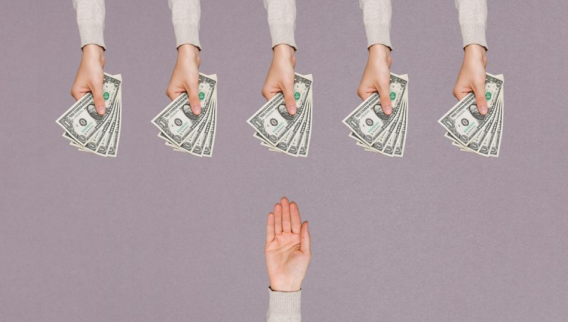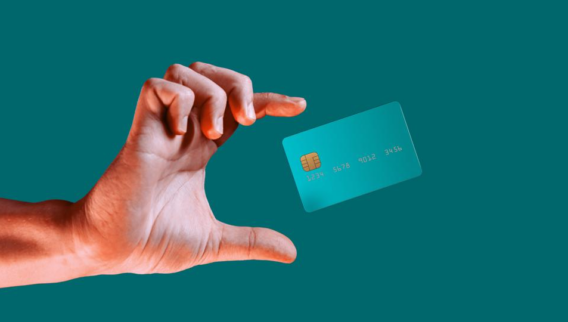Want to avoid paying interest on your credit card purchases? Get a credit card with a grace period. As long as you can cover the bill every month, you’ll never have to pay interest fees again.
The credit card grace period is the time window between the end of a billing cycle and the payment due date. If you pay your full balance by the end of the grace period, you won’t get charged interest on new purchases made during that time. But your grace period can also be forfeited if you pay your bill late or carry a balance now and then.
Check your credit card agreement to find out if your card offers a grace period. The information is usually included in the section titled “interest rates and interest charges.”
How Long Is the Grace Period on a Credit Card?
Grace periods vary by card issuer, but the legally required minimum is 21 days. Some card issuers give you more time; say 24 days. Some cards may even have a grace period of 55 days, but they all will vary between issuer and card type.
The grace period starts on the day your billing cycle closes (when your statement is generated) and ends on the payment due date.
During the grace period, you won’t get charged interest on purchases if you pay the full balance by the due date. But if you carry a balance each month, you’ll pay interest on it.
It’s worth noting that not all credit cards have a grace period. And even if your card has one, you may still pay interest on some transactions, such as cash advances, from the day of purchase.
How Does the Credit Card Grace Period Work?
Credit cards usually have monthly billing cycles. The billing cycle is the period between billing statements and varies by issuer. It ranges between 28 to 31 days and has two important dates:
- Statement closing date: This is the day your credit card statement is generated—on the last day of the billing period. The statement shows all your purchases and the amount you owe. You must pay your statement balance in full by the due date. Charges and payments made after the statement date will show up on your next bill.
- Payment due date: The credit card statement also shows the payment due date, approximately 21 to 25 days from the statement date. Pay your credit card balance in full by the due date to avoid getting charged interest on your purchases. If you can’t pay the whole amount, make the minimum payment or you’ll be charged a late fee.
Eligibility Criteria for a Credit Card Grace Period
- You must pay the previous month’s balance in full and on time.
- You shouldn’t have carried a balance from the previous billing cycle.
- Your account must be in good standing and not delinquent.
- You shouldn’t have any other pending dues or payments with the credit card issuer.
What Happens if You Don’t Pay Your Full Balance?
If you fail to pay your full credit card balance, you’ll lose your grace period and rack up late fees and interest charges—due to sky-high interest rates. This money can quickly add up and make it harder to pay off your debt.
If you consistently fail to pay your full balance, your credit score will go down and your account may be sent to a collection agency. This will negatively impact your credit for years to come.
Pay your full credit card balance every month and you’ll owe zero interest. If you can’t, try to pay as much as possible over the minimum payment due, as this could save you a substantial amount of money in the long run.
Bottom Line
Pay your bill in full and on time every month to maximize the credit card grace period. Don’t pay one month and default the next. You’ll lose your grace period for the month you don’t pay in full and at least the month after.
If you can’t make the full payment by the due date, make at least the minimum payment, but more if possible. You’ll lose the grace period and start paying interest, but you won’t pay a late fee.








